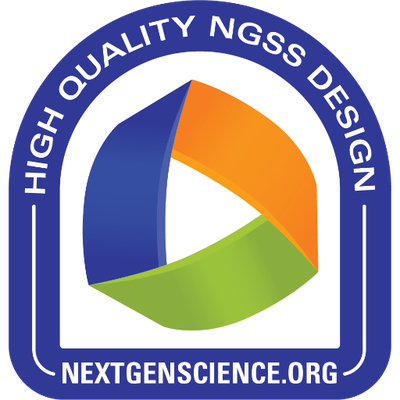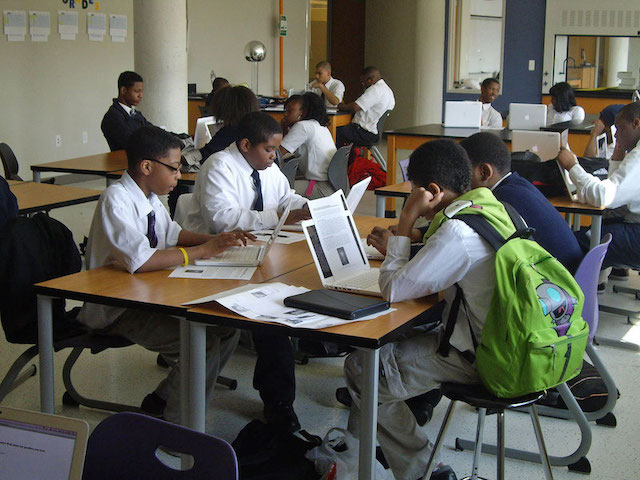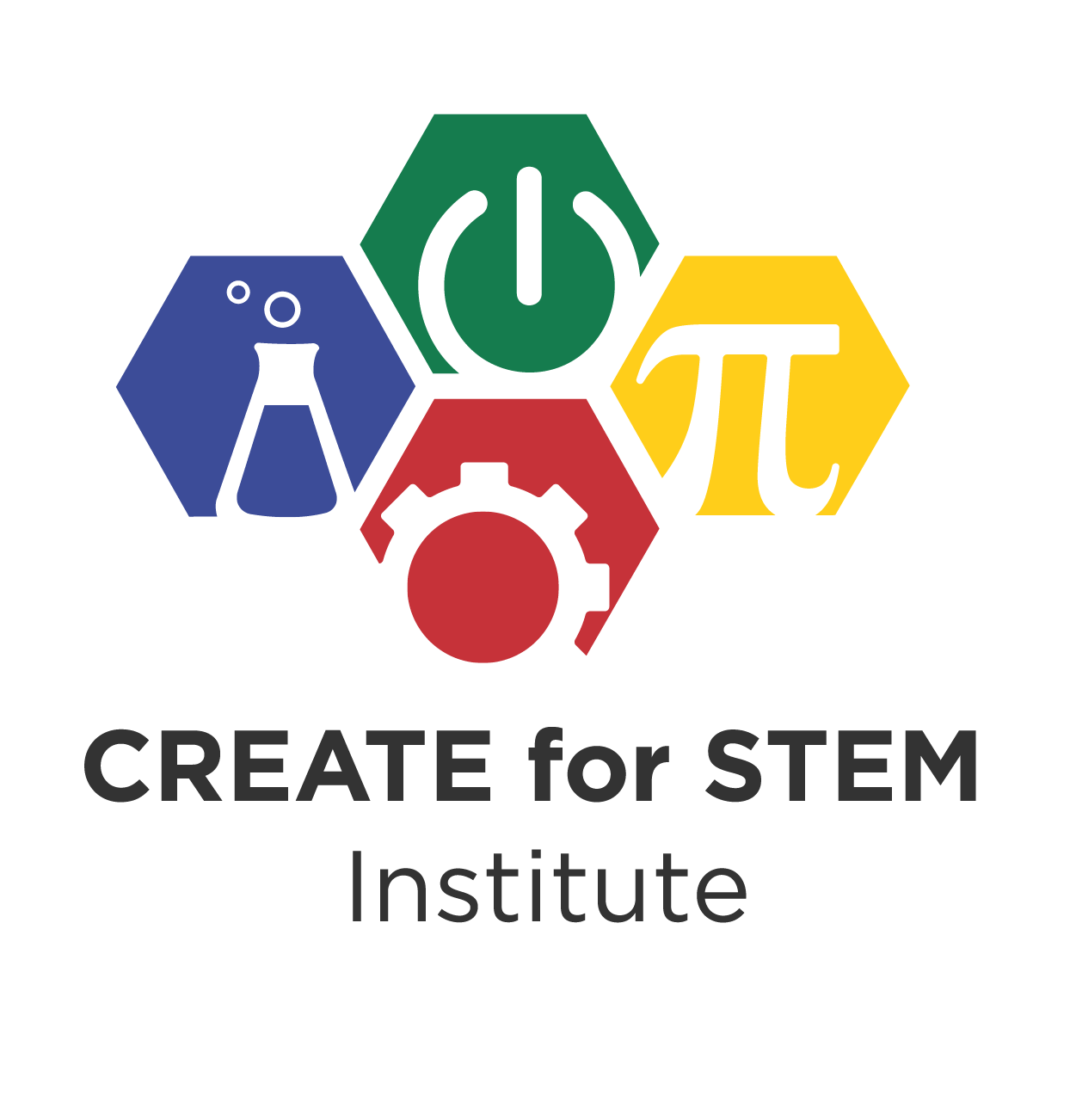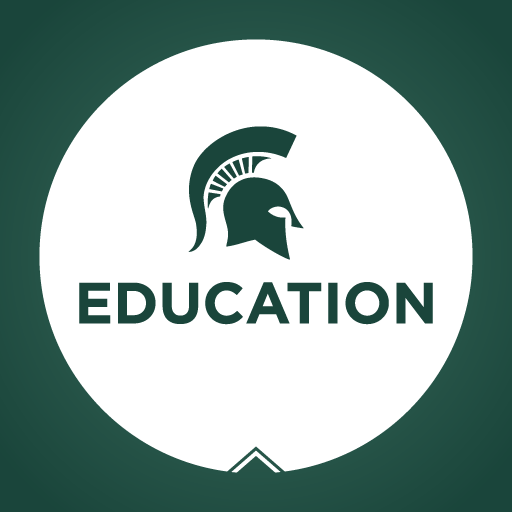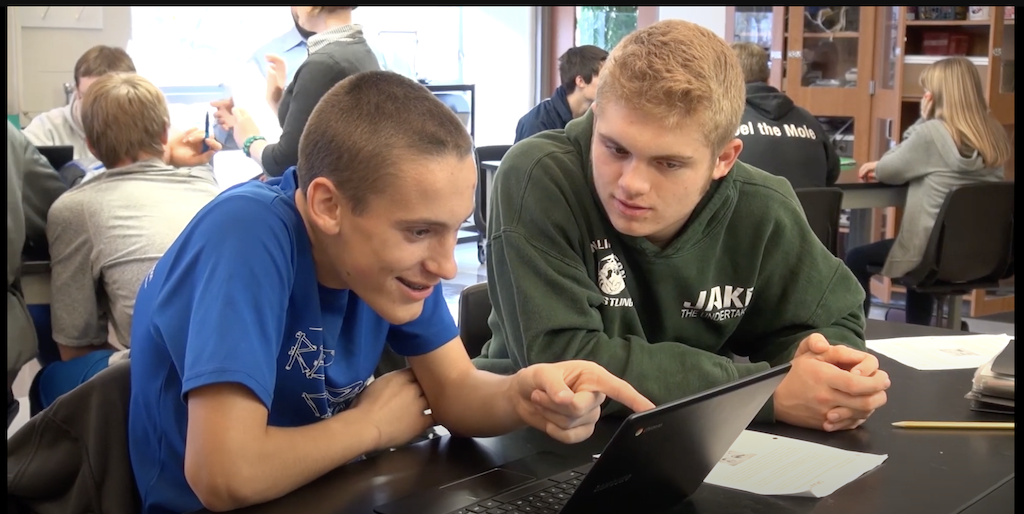
The Interactions curriculum introduces students to science as an endeavor, a process we engage in, rather than solely a set of discoveries by others. Through engaging in modeling and scientific explanation students explore curious aspects of the everyday world, discovering how the unseen world of atomic level interactions and energy transformations are responsible for much of what we observe around us.
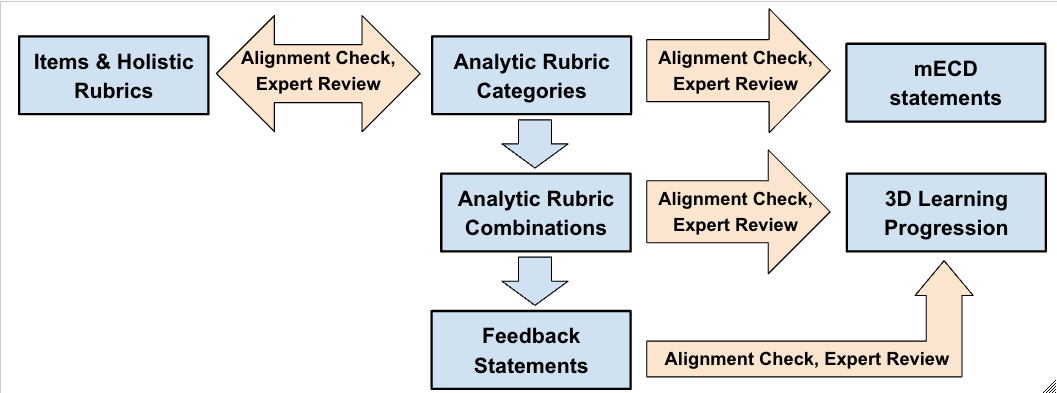
Over the course of the project, we will design and test an automated assessment scoring system using machine learning. The scoring system will provide individualized feedback to students based on explanations and drawn models. This system can support formative assessment practice aligned with an existing high school physical science curriculum (Interactions) designed to meet performance expectations in the Next Generation Science Standards. The project will then examine whether the automatic feedback supports students’ learning outcomes and their development with respect to the learning progression on electrical interactions. The project promotes students’ knowledge of science by engaging them in scientific practices, like modeling, with key disciplinary ideas and using crosscutting concepts to make sense of compelling phenomena and by providing real-time feedback to students. Deepening students’ knowledge of science requires that they have opportunities to solve ill-structured, complex problems and to create models of real-world phenomena.


